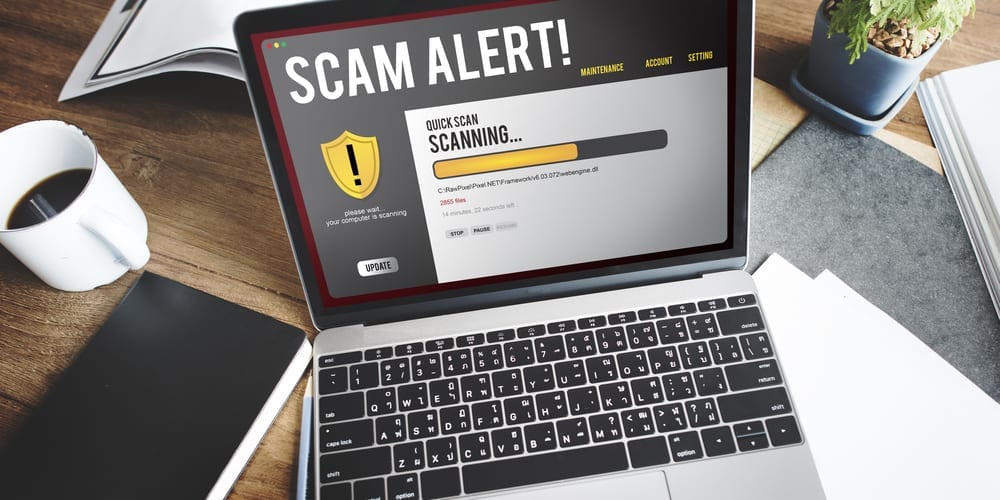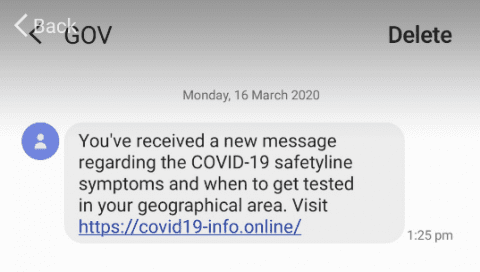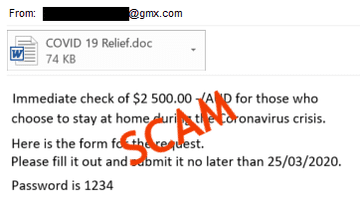Cyber security tips during COVID-19

COVID-19 has caused the shutdown of bars, clubs and cafes across the country and has forced many workers to start working from home. While working from home isn’t a new idea and has been implemented by many companies as part of their flexible working policies for some time, the sheer number of people working from home is unprecedented.
A large number of staff working from home can bring up some risk factors in regards to cyber security, especially if those staff members are using their own PCs and laptops.
Cyber Security tips for working from home
It’s important to keep the below in mind when directing your staff to work from home:
WiFi: Make sure that the WiFi connection your staff are using is secured with a password and they are not using a public connection. This is because unsecured and public wifi are prime spots for hackers to spy on internet traffic and collect confidential information.
VPN access: Ensure you have secure VPN access to your network for employees, this helps protect the security of the employee’s devices and will include Unified Threat Management (UTM) protection.
Update: If employees are using their own devices, make sure they are up to date. Devices running old versions of their operating system can create a giant security gap as they are not running the latest version and may have known security flaws.
Passwords: Remind staff of good password policies, such as creating secure passwords and not using the same password for multiple accounts
Training: Continue or implement cyber security training with your staff to ensure they have the knowledge and skills to identify potential scams or fraudulent emails.
COVID-19 Scams
Unfortunately whenever there is a crisis or large media event, scammers see an opportunity to target people who may be afraid or unsure. It’s an unfortunate truth and means we need to be extra vigilant with the COVID-19 crisis unfolding.

SMS Scams: There has been reports of different SMS scams circulating in Australia that are pretending to be from the Government and trying to get you to click malicious links.
Email Scams: There are emails circulating with malicious attachments claiming that the recipient is eligible for a ‘working from home payment’, again these are scam emails trying to get you to download malicious software onto your computer.

These scams are abhorrent especially at times like these but it’s important to remember that scammers use social engineering tactics to trick their victims and with COVID-19 causing panic and uncertainty this is a prime time for them to strike.
It’s important to always be training your staff members so they have the knowledge to pick out these scams as they are often the last line of defence against hackers.
If you are unsure the Australian Competition & Consumer Commission (ACCC) have created SCAMWATCH. It provides information to consumers and small businesses about how to recognise, avoid and report scams. You can check their latest updates on COVID-19 scams here and report any scams you are aware of.
Source: Strategic Group
